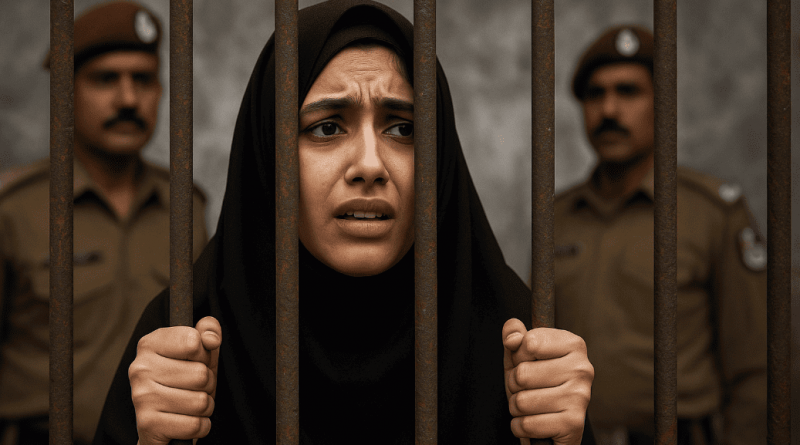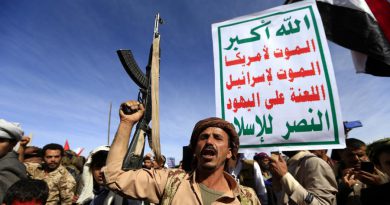Pakistan’s Free Speech Hypocrisy: Poets, Journalists Jailed in “Azad” Kashmir
Karachi — Pakistan’s international rhetoric on free speech increasingly rings hollow when contrasted with the grim reality in the territories it controls. Nowhere is this hypocrisy more visible than in Pakistan-occupied Kashmir (PoK), a region Islamabad insists on calling “Azad” or “Free” Kashmir.
For many residents, however, the word “free” is nothing more than a cruel irony.
The plight of young blogger and poet Asma Batool offers a stark example. Her “crime” was penning a poem highlighting the harassment and sexual violence women endure in society. Rather than sparking debate, her verses provoked outrage from local clerics, who branded them “blasphemous.”
Within days, Batool was arrested under draconian laws, while a frenzied mob attacked her home for allegedly “insulting Allah.” Instead of protecting her right to expression, authorities capitulated to hardliners—turning a poet’s pen into grounds for imprisonment.
This pattern of silencing dissent is not isolated. In Neelum Valley, journalist Hayat Awan and activists Wasi Khawaja and Azhar Mughal were taken into custody for raising concerns over a military-run arms training program for female students. Their criticism, limited to a handful of social media posts, was deemed intolerable.
The message from authorities was unmistakable: questioning the military or its activities remains off-limits. Even as local press clubs staged protests demanding their release, the detained voices remain behind bars, underscoring the futility of challenging Pakistan’s entrenched power structures.
Constitutional Promise vs. Harsh Reality
Pakistan’s Constitution ostensibly guarantees the right to free expression, yet its implementation is selective and inconsistent. While Islamabad routinely lectures the world on censorship and champions press freedom in international forums, it systematically stifles critical voices at home—particularly in sensitive regions like PoK.
The country’s deteriorating record has not gone unnoticed. In 2025, Pakistan’s press freedom ranking plummeted to 158 out of 180 countries, its lowest position ever. International watchdogs cite a climate of fear, intimidation, and arbitrary arrests that have left journalists vulnerable to state and non-state actors alike.
The trend accelerated with the introduction of Pakistan’s new digital media legislation, dubbed the “fake news law.” The law criminalizes so-called “false information” with penalties of up to three years in prison. Rights groups and journalist unions condemned the law as a blatant tool to suppress dissent, warning that it strips citizens of the right to a fair trial while enabling authorities to brand inconvenient truths as “fake news.”
A Hollow Global Posture
Despite this record, Pakistan continues to portray itself as a guardian of free expression abroad. Officials frequently criticize censorship in other countries and present themselves as defenders of civil liberties on international platforms. Yet for those living under its direct control, especially in PoK, freedom of speech remains a dangerous illusion.
The contradiction is stark: poets jailed for poems, journalists arrested for social media posts, and activists punished for questioning militarization. Pakistan’s actions in PoK reveal a deeper reality—its proclaimed values crumble when tested at home.
The Prison of “Azad” Kashmir
For residents of Pakistan-occupied Kashmir, the term “Azad” (Free) is tragically misleading. Far from enjoying liberty, writers and reporters live under the constant shadow of surveillance, intimidation, and arrest. Each crackdown underscores that free speech itself has become the true prisoner in the region.
Until Islamabad confronts this reality, its claims to uphold democratic rights will remain unconvincing on the global stage. The imprisonment of voices in “Azad” Kashmir is not just a local tragedy—it is a stark reminder of the widening gulf between Pakistan’s rhetoric and reality.



